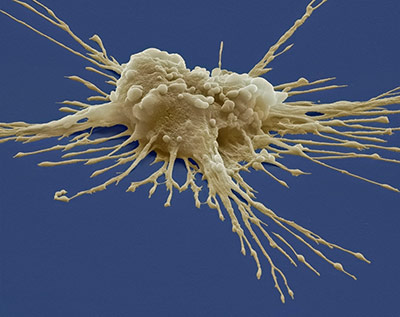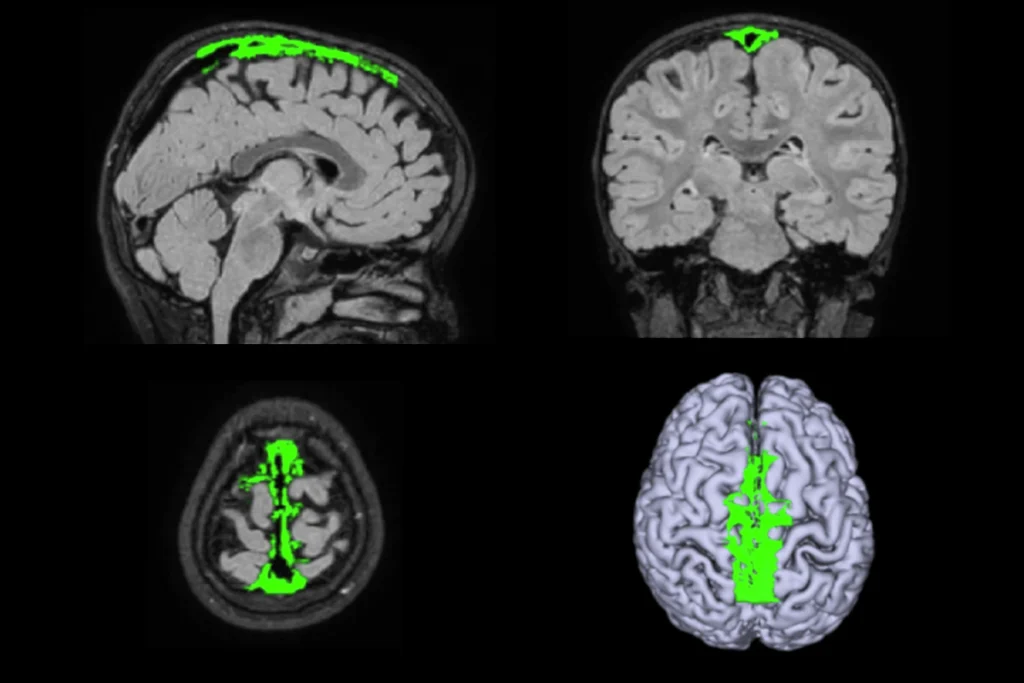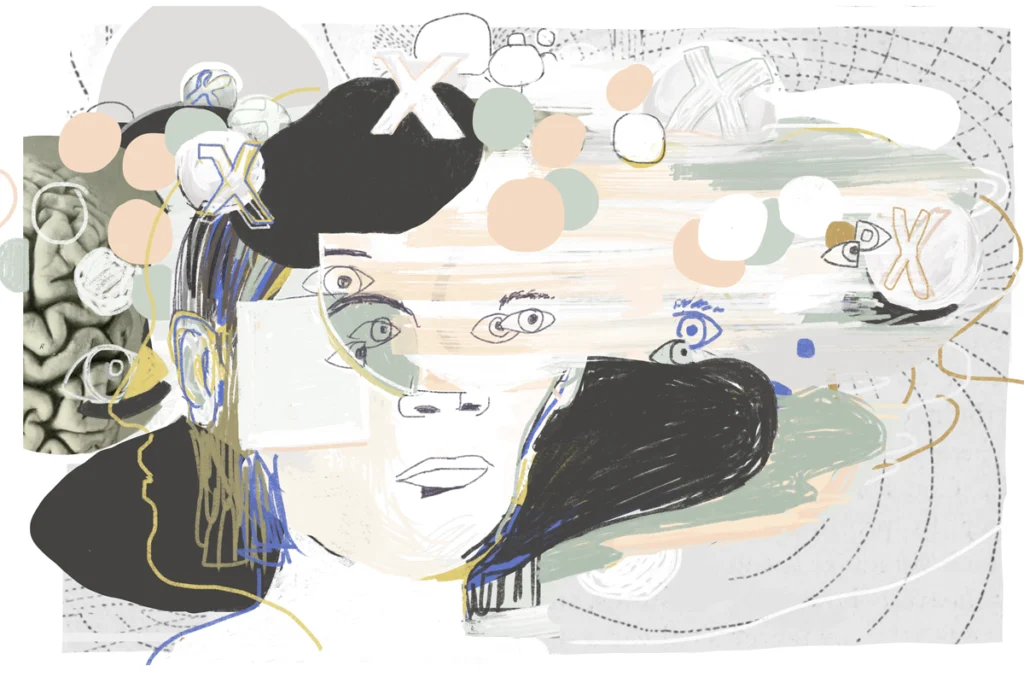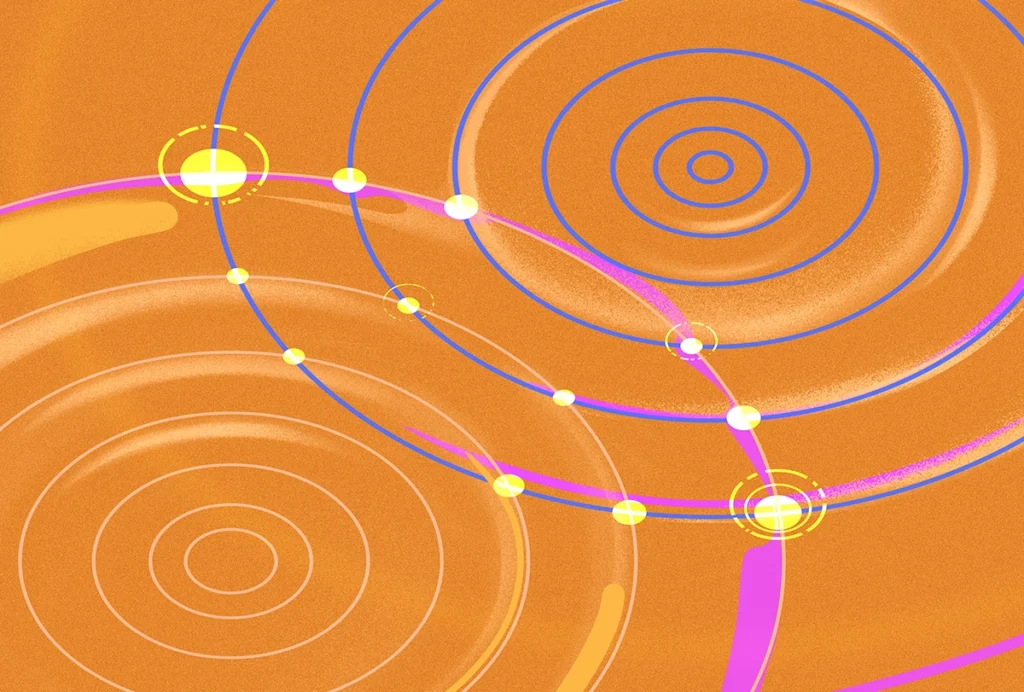Dup15q 2013
Recent articles
Duplication of chromosome 15 region mirrors autism
People with autism and those with duplications of the 15q11-13 chromosomal region share a distinctive pattern of gene expression in the brain, according to unpublished research presented Friday at the Dup15q Alliance Scientific Meeting in Sacramento, California.

Duplication of chromosome 15 region mirrors autism
People with autism and those with duplications of the 15q11-13 chromosomal region share a distinctive pattern of gene expression in the brain, according to unpublished research presented Friday at the Dup15q Alliance Scientific Meeting in Sacramento, California.
Gene expression in neurons may not match number of copies
Neurons derived from individuals who carry extra copies of an autism-linked chromosomal region have gene expression patterns that are unexpectedly similar to those of neurons with deletions of the region. The unpublished findings were presented Thursday at the Dup15q Alliance Scientific Meeting in Sacramento, California.

Gene expression in neurons may not match number of copies
Neurons derived from individuals who carry extra copies of an autism-linked chromosomal region have gene expression patterns that are unexpectedly similar to those of neurons with deletions of the region. The unpublished findings were presented Thursday at the Dup15q Alliance Scientific Meeting in Sacramento, California.
Mouse model hints at autism gene’s role in nucleus
Mice that express elevated levels of an autism-linked gene in the nucleus of neurons show social and communication problems, according to unpublished research presented Thursday at the Dup15q Alliance Scientific Meeting in Sacramento, California.

Mouse model hints at autism gene’s role in nucleus
Mice that express elevated levels of an autism-linked gene in the nucleus of neurons show social and communication problems, according to unpublished research presented Thursday at the Dup15q Alliance Scientific Meeting in Sacramento, California.
Explore more from The Transmitter
Okur-Chung neurodevelopmental syndrome; excess CSF; autistic girls
Here is a roundup of autism-related news and research spotted around the web for the week of 21 October.

Okur-Chung neurodevelopmental syndrome; excess CSF; autistic girls
Here is a roundup of autism-related news and research spotted around the web for the week of 21 October.
Brains, biases and amyloid beta: Why the female brain deserves a closer look in Alzheimer’s research
New results suggest the disease progresses differently in women, but we need more basic science to unpack the mechanisms involved.

Brains, biases and amyloid beta: Why the female brain deserves a closer look in Alzheimer’s research
New results suggest the disease progresses differently in women, but we need more basic science to unpack the mechanisms involved.
Are brains and AI converging?—an excerpt from ‘ChatGPT and the Future of AI: The Deep Language Revolution’
In his new book, to be published next week, computational neuroscience pioneer Terrence Sejnowski tackles debates about AI’s capacity to mirror cognitive processes.

Are brains and AI converging?—an excerpt from ‘ChatGPT and the Future of AI: The Deep Language Revolution’
In his new book, to be published next week, computational neuroscience pioneer Terrence Sejnowski tackles debates about AI’s capacity to mirror cognitive processes.